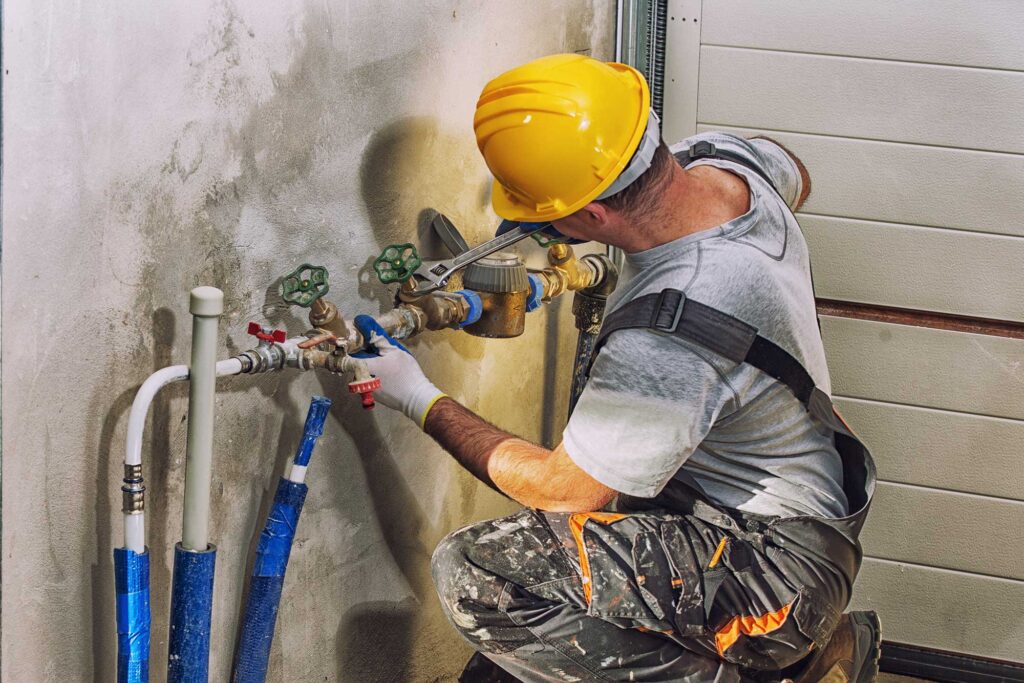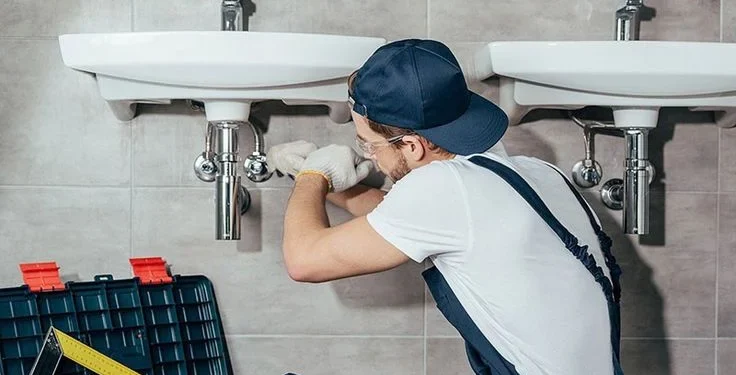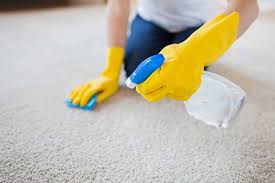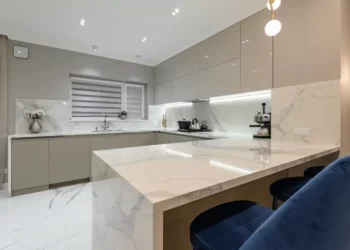As homeowners, there are few things as crucial to understand as the basics of plumbing. Whether it’s fixing a leaky faucet, unclogging a drain, or identifying potential problems before they escalate, having a grasp of plumbing fundamentals can save you time, money, and headaches in the long run. In this guide, we’ll delve into some essential plumbing basics every homeowner should know to maintain their home efficiently. Learn essential plumbing basics for home maintenance, including valuable insights on how to fix a leaking tap efficiently.
Understanding Your Plumbing System
Before you can tackle any plumbing issues, it’s essential to have a basic understanding of how your plumbing system works. Typically, water enters your home through a main supply line, branching off into various pipes that deliver water to different fixtures such as sinks, toilets, showers, and appliances like washing machines and dishwashers. Waste from these fixtures is then carried away through drainage pipes, ultimately exiting your home through the sewer line.
Locating Shut-Off Valves
One of the most critical pieces of knowledge for any homeowner is knowing the location of shut-off valves. In case of a plumbing emergency, such as a burst pipe or a major leak, being able to quickly shut off the water supply can prevent significant damage to your property. Locate the main shut-off valve for your home’s water supply, as well as individual shut-off valves for sinks, toilets, and appliances.

Dealing with Common Plumbing Issues
From time to time, you’ll likely encounter common plumbing problems that require attention. These may include dripping faucets, running toilets, clogged drains, or low water pressure. Learning how to troubleshoot these issues can often save you the expense of calling a plumber. For instance, a dripping faucet may simply need a new washer or O-ring, while a clogged drain can often be cleared with a plunger or a drain snake.
Regular Maintenance
Prevention is key when it comes to plumbing problems. Regular maintenance can help you avoid costly repairs down the line. Simple tasks such as cleaning out hair and debris from drains, inspecting pipes for signs of leaks or corrosion, and checking for water pressure irregularities can go a long way in maintaining your plumbing system’s integrity.
Know When to Call a Professional
While many plumbing issues can be tackled by the average homeowner, there are times when it’s best to call in a professional plumber. Complex problems such as sewer line backups, major leaks hidden within walls or floors, or issues with your water heater are best left to experienced professionals who have the knowledge and tools to handle them safely and effectively.
Investing in Quality Fixtures and Materials
When it comes to plumbing, quality matters. Investing in high-quality fixtures, pipes, and materials may cost more upfront but can save you money in the long run by reducing the likelihood of leaks, clogs, and other problems. Additionally, opting for water-efficient fixtures can help conserve water and lower your utility bills.
Educate Yourself
Finally, one of the best ways to become proficient in plumbing basics is to educate yourself. Take advantage of online resources, books, and tutorials to learn more about how your plumbing system works and how to perform basic repairs and maintenance tasks. Consider attending a plumbing workshop or class to gain hands-on experience and confidence in handling common plumbing issues.
Conclusion
having a solid understanding of plumbing basics is essential for every homeowner. By familiarizing yourself with your plumbing system, knowing how to address common issues, and knowing when to call in a professional, you can effectively maintain your home’s plumbing system and avoid costly repairs. With regular maintenance and a proactive approach to plumbing care, you can keep your home’s plumbing running smoothly for years to come.








Comments 2